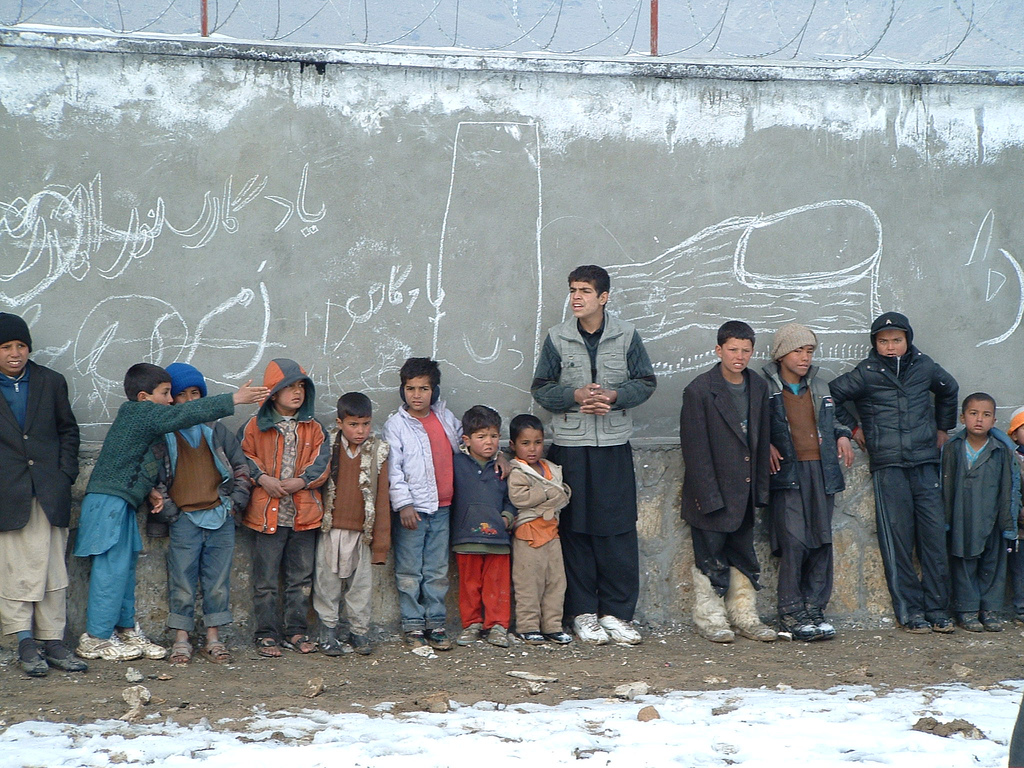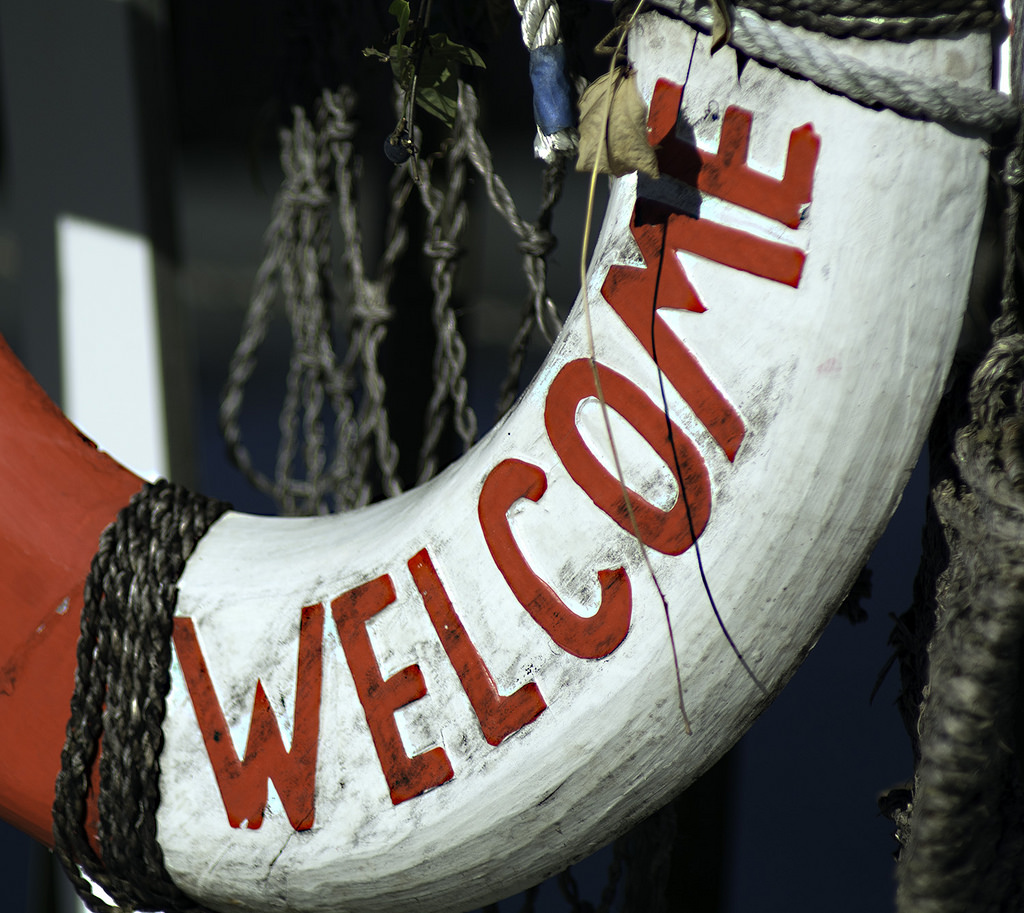David Cameron has announced that the UK will take in unaccompanied Syrian refugee children who have already made the trip to Europe.
The deal is that children who have been registered in Greece, Italy and France by the 20 March 2016 will be eligible for this British welcome. The total number to be taken in is not entirely clear, but it builds on the scheme launched last month aiming to resettle up to 3,000 children. And it would add to the 20,000 refugees from Syria the UK government pledged to accept last year.
Why is this important?
There are two interesting features of this announcement that make it important news:
First, it backs up the government’s claim to want to help young people fleeing conflict, particularly those unaccompanied by guardians, who are particularly vulnerable. As of 2015, there were estimated 88,300 asylum seekers in Europe under the age of 18 without any parents. The new government initiative focuses specifically on unaccompanied minors.
Secondly, the government is turning its support to help refugees who have already landed in Europe. David Cameron had previously said that the UK would only accept refugees directly from Syria. The reason for this choice was that he believed supporting those already registered in European countries would encourage other Syrians to flee. And fleeing often involves perilous and sometimes fatal journeys. Supporting refugees coming from other European countries is a welcome shift, though the Labour Party has said that the proposals do not go far enough and more action is needed.

Is this a human rights issue?
The United Nations Convention relating to the Status of Refugees (the Geneva Convention) recognises the right to seek asylum from persecution. It works to ensure that those fleeing persecution enjoy their fundamental rights and freedoms. While there appears to be no provision in the European Convention on Human Rights specifically protecting asylum seekers, several of its articles do in fact provide some protection for asylum-seekers and refugees.
Article 3 for example, means that countries cannot send people back to a country where they face a real risk of torture or degrading treatment there. Article 6, the right to a fair trial, can also prevent deportation if a person would be put at a real risk of a flagrant denial of justice. For example, this led to the improvement of, the Jordanian criminal justice system when the UK had to ensure that radical cleric Abu Qatada could be deported without risking a trial founded on evidence obtained by torture. This is recognised by the government’s former chief legal adviser, Dominic Grieve, in his speech: Why Human Rights Should Matter To Conservatives.

Article 8 – the right to private and family life – may also come into play. While it does not automatically allow entry to the relatives of those already in the UK, or prevent the deportation of those who have established family ties here, it may help those asylum-seekers or refugees where a breach of their Article 8 right would be particularly serious.
For example, it could stop deportation where this would have a serious adverse effect on a person’s mental health. It could also mean that a decision to refuse entry to the UK where this would separate an existing family is unlawful. It has also been used to reunite children in the Calais ‘Jungle’ with their families in the UK (see our post).
There is plenty more on this topic coming on World Refugee Day on 20 June. For now, read our article about the human rights of asylum seekers and immigrants in the UK. Learn more about Article 3 and Article 8 with our snazzy infographics and check out our story on why every country has a duty to respect the dignity of refugees.







